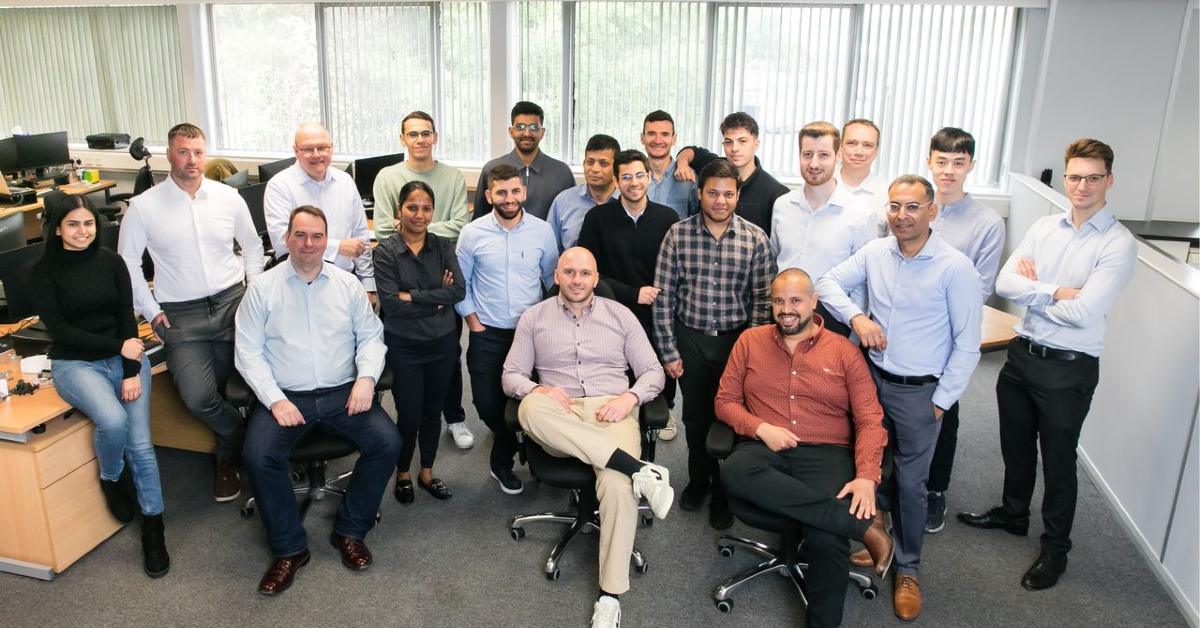St. Gallen, Switzerland-based QMware and QuiX Quantum announced on Monday that they have joined forces to develop the world’s first fully integrated hybrid quantum-classical platform.
This collaboration will take place at QuiX Quantum’s headquarters in Enschede, the Netherlands.
By integrating high-performance computing (HPC) infrastructure with native quantum computing technology onsite, the duo aims to revolutionise the quantum computing landscape.
The new data centre is set to be operational for commercial applications by August 2023.
“We are excited to be working with QMware on this groundbreaking project,” says Dr.-Ing. Stefan Hengesbach, CEO of QuiX Quantum.
“At QuiX Quantum, we are fully committed to making native quantum hardware accessible for early industrial applications. QuiX Quantum’s technologies make quantum hardware integration into existing data centers a reality today,” continues Hengesbach.
“Optimising energy grids, supply chains, or traffic routing, are just some of the examples that are under investigation in collaboration with QMware,” adds Hengesbach.
Why this collaboration?
The hybrid architecture being developed by QMware and QuiX Quantum will co-locate the hardware onsite and seamlessly integrate different computing paradigms, including HPC and native quantum hardware, under a unified Linux operating system.
This approach allows shared memory access on the high-performance computer, providing unparalleled performance improvements and cost savings compared to existing commercial hybrid quantum services.
Unlike current vendors who require web integrations on separate computational stacks to orchestrate processing between quantum and classical hardware, the new platform offers a unified solution that streamlines operations and enhances efficiency.
Deep integration of classical & native quantum hardware
One of the key advantages of QMware’s proprietary hard- and software platform is its ability to support large computational models and machine learning (ML) applications.
The deep integration of classical and native quantum hardware allows end customers to access both computing backends with exceptional performance and minimal latency.
On the other hand, QuiX Quantum’s Quantum Computer, based on photonics, is the perfect fit for integration into the data center.
Operating at room temperature, it offers scalable quantum technology that is ideally suited for data center environments.
To ensure seamless connectivity, QMware will employ a broadband, low-latency optical fiber connection to directly attach the high-performance computing infrastructure with both simulated and native quantum hardware.
This direct attachment minimises latency and maximises performance, further enhancing the overall capabilities of the hybrid platform, claims the company.
“We believe that the Photonics Quantum Processing Units by QuiX Quantum, integrated into QMware’s Hybrid Quantum High-Performance Computers, are one of the most promising technologies to provide commercially sustainable quantum computing advantage,” says George Gesek, Chief Technology Officer and co-founder of QMware.
“By integrating HPC infrastructure and QuiX Quantum’s native quantum hardware at the deepest possible layer, we aim to provide a commercial quantum advantage at scale. Our clients will benefit from application-specific performance enhancements, resulting in data processing speeds up to 10 times faster,” adds Gesek.
Constantijn van Oranje, Special Envoy at Techleap says, “I am excited to see European technology companies such as QMware and QuiX Quantum paving the way in this key innovation sector. The announcement of the first fully integrated Hybrid Quantum Computing Data Center in Enschede, the Netherlands, is a testament to the talent, expertise, and dedication of the European quantum community.”










01
From telecom veteran to Dutch Startup Visa success: The Jignesh Dave story